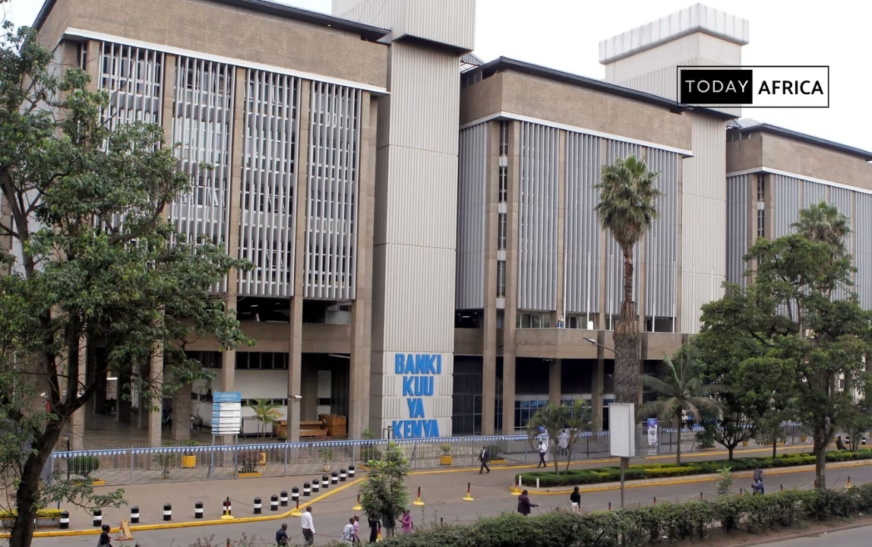The Central Bank of Kenya (CBK) scraps preferential borrowing terms for bank staff, rejecting a push to exempt staff loans from its new risk-based pricing model.
The move will drive up borrowing costs for thousands of insiders who, for years, enjoyed cheaper credit than ordinary customers.
The regulator stated that only foreign-currency-denominated and fixed-rate loans will be exempt from the new formula, which is expected to be fully operational by March 2026.
All other loans will be pegged to the Kenya Shilling Overnight Interbank Average (KESONIA), with lenders adding a premium to cover borrower risk, shareholder returns, operating costs, and loan processing fees.
Banks traditionally extend staff and directors loans at heavily discounted rates—often on personal loans, car loans, and mortgages—as a perk to attract and retain talent.
These insider facilities, priced well below prevailing market rates, have long served as both a recruitment tool and a loyalty incentive in an industry where competition for skilled workers is fierce.
“The new model will apply to all variable rate loans except for foreign currency-denominated loans, whose pricing is primarily influenced by external factors such as currency risk, and fixed rate loans,” CBK said in its August 26 notice.
The decision follows consultations in which banks, manufacturers, the International Monetary Fund (IMF), and other stakeholders requested wide-ranging exemptions—including staff loans, digital lending products, institutional schemes, Islamic facilities, and syndicated loans—because they involved “peculiar contracting arrangements.” But the CBK held firm, signalling a level playing field.
See Also: GTCO injects ₦365.9 billion into GTBank to meet new capital rules
The shift is one of the most sweeping overhauls of Kenya’s credit pricing regime since the repeal of interest-rate caps in 2019, and it is set to redraw the landscape for lenders and borrowers.
The change will force lenders to choose whether to book new credit as fixed or variable. Fixed-rate borrowers will be insulated from spikes in the interbank rate but will also forgo any benefit if rates ease.
Banks will start applying the KESONIA benchmark to new loans from September 1, but have up to six months to comply fully. Existing facilities must migrate within six months, giving lenders time to calculate risk premiums and secure board and CBK approvals.
Leave a comment and follow us on social media for more tips:
- Facebook: Today Africa
- Instagram: Today Africa
- Twitter: Today Africa
- LinkedIn: Today Africa
- YouTube: Today Africa Studio
















